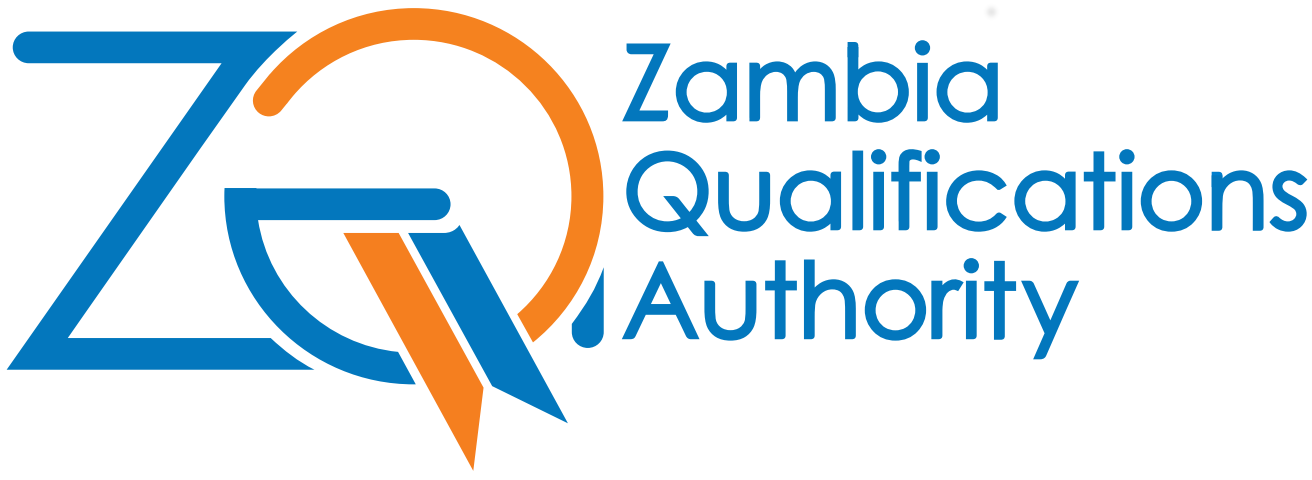By: Clive Siachiyako
Information Education Communications Manager – TEVETA
TEVETA in the second quarter of 2019 signed contracts with ten companies worth K14.4 million to train their staff to enhance their employability and productivity. More than 2, 400 employees benefited from the training in various skills areas. The employees have been trained by training institutions registered with TEVETA. A total of 155 training contracts were signed with the ten companies. The employees were from water, mining, hydro generation, automobile and manufacturing sectors. The training was meant to sharpen skills and knowledge of employees in line with changing production processes and technological advancements. The source of the funds for the training was the Skills Development Fund.
The companies trained their employees in different areas based on skills gaps they identified. After identifying the skills gaps, the companies identified TEVET institutions to up-skill their employees to enhance their skills and competences. The companies include Bell Equipment Zambia, ZESCO Ltd, Zambia Sugar, Lubambe Copper Mine, African Mechanics, Superlift, Epiroc Zambia Ltd, Nkana Water and Sewerage Company, Chambishi Copper Smelter and Konkola Copper Mines. The employees for these companies were upskilled and re-skilled at Northern Technical College, Industrial Training Centre, Kitwe Trades, ZESCO Training Centre and Kafue Gorge Regional Training Centre. Different skill areas were covered in the training. The skill areas were based on each company’s human resource development plan and skills gaps identified in the employees.
Employer-Based Training is one of the financing areas under the Skills Development Fund (SDF). The eligibility criteria for the Employer-Based Training financing are that the employer is registered with under Companies Act of the Laws of Zambia and operating in the formal sector in Zambia. The employer should also provide a training needs analysis to elaborate training requirements of the employees, demonstrate how the proposed training or skill will benefit the company, and how the skill will lead to increased productivity.
The employer determines the content and duration of the training based on the skills gaps in the employees. Employers that carryout in-house training should meet training requirements stipulated in the TEVET Act No. 13 of 1998 and the Amendment Act No. 11 of 2005. Konkola Copper Mines and ZESCO Ltd are among companies that have training institutions registered with TEVETA. The employer should also be a contributor to the SDF through the Skills Development Levy in accordance with the Skills Development Levy Act No. 46 of 2016.
The training institution the company choses to training its employees should be registered with TEVETA. The training institution should have demonstrable capacity to provide the training requested by the employers. Detailed staff qualifications and their curriculum vitae should be provided to ascertain the ability of the training institution to offer the requested training by the company.
The formal sector employers were either upgrading their employees’ skills or introducing new skills to the employees to ensure the employees are relevant to the system as technology and production systems change. The employer should identify the training institution of their choice with the capacity to provide the needed training for the employees. The company should sign a training agreement with the training institution towards the training. The funds for the training are paid directly to the training provider.
The identified training institution develops are training proposal on behalf of the company. The training proposal should contain objectives the employer, areas to be covered in the training, duration of the training and what will be achieved after the training in terms of improved productivity and competitiveness. The training proposal should also provide a Human Resource Development Plan of the employer, projected number of employees to be trained per course, profile of the training provider (overview of organizational structure, management, staffing and curriculum vitae of the instructors), a budget for the proposed training and a Memorandum of Understanding (MoU) detailing the roles of the employers and the training providers, which should be signed by the heads of the institutions.
Employer-Based Training window is a recurrent cost window which is being used as one of the mechanisms to increase access, improve efficiency and productivity in workplaces. Employers that contribute to the SDF that need more information on the accessibility of the training fund under Employer-Based Training are provided advised on how to go about the process. The Fund through its financing is introducing performance incentives for Employers and TEVET providers, with a focus on purchasing training that meets market demands on a competitive basis.
The Ministry of Higher Education and its stakeholders established rules for SDF spending on training services that promote national development objectives of equitable access, inclusive training and quality skills for anyone who aspire to acquire a skill. The major challenge to equip citizens with appropriate skills for self and formal employment was inadequate resources such as financial, human and training materials. Thus, the establishment of the SDF is to facilitate increased access to quality, affordable and relevant skills development support to the TEVET sector.
The TEVET sector is one of the important sectors to national, which could support economic growth and poverty alleviation; facilitate the transition of young people to decent work and adulthood; improve the productivity of existing workers and allow for the reinsertion of the unemployed into work. It is also key in the development green skills to help meet sustainable development goals and promote social inclusion.





